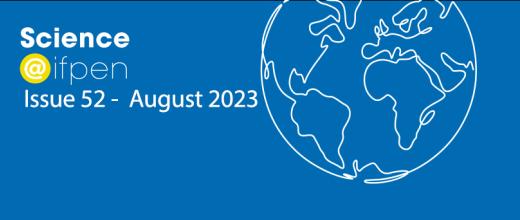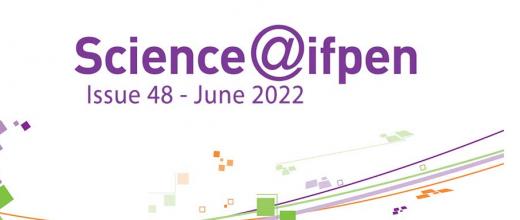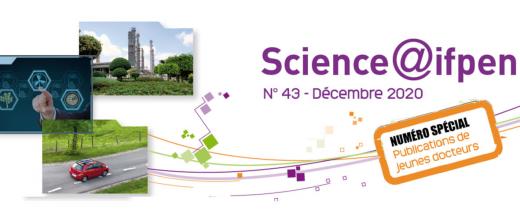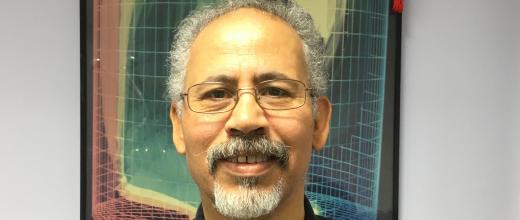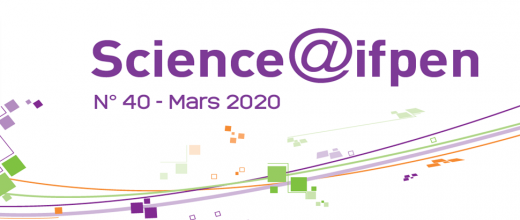According to the WHO, 7 million premature deaths worldwide each year are linked to poor air quality, a problem to which road transport makes a significant contribution. Thanks to regulatory and technological developments, as well as the renewal of the vehicle fleet, emissions from this sector have certainly been falling in recent years. However, it remains a major contributor to the deterioration of air quality...

